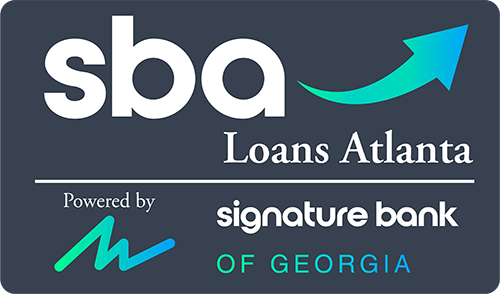Starting your own business can be time-consuming and stressful. It won’t be long before you start to adopt things to simplify the way you run your business. This might include an online booking system, automated emails, and even a business bank account.
When it comes to money management, opening a bank account for your business is the smartest decision you could make. As your business continues to grow, you’ll be thankful that you decided to keep your personal and professional money separate.
Here’s why a business bank account is essential in today’s economy.
What Is a Business Bank Account?
A business bank account is exactly what it sounds like: a bank account for your business. It keeps all business-related expenditures and revenue streams separate from your personal accounts.
There are a lot of situations in which you might want to open a business bank account.
One of the main reasons is that your business is expanding. Perhaps you have reached a point where you are accepting credit card payments. You might also be planning to partner with a different company or undergoing the process of incorporating your business.
Then again, your motivations might be a lot simpler. Managing finances via a business account improves your company image. It’s also a good opportunity to start building a banking relationship for future business loans and expansion.
What Do You Need to Open a Business Bank Account?
Opening a business account is quite simple. There are often different account tiers depending on where you’re at with your business and your business goals. You can talk to a client representative to determine which is best for you.
Depending on the status of your business, you’ll need the following when you apply:
- Social Security Number (SSN)
- Employer Identification Number (EIN)
- Personal identification
- Business and mailing addresses
- Business name and associated licenses
- Company Documents (reference below)
If your company is already established as a limited liability company (LLC) or corporation, you’ll be required to submit a few other documents as well. Some of these include articles of incorporation, corporate bylaws, and operating agreement. Be sure to check with the bank for the specifics.
Benefits of Having a Business Account
These are some of the great benefits you will enjoy by keeping your business funds separate from your personal accounts.
Personal Liability
As you start to deal with more transactions you increase your risk of being subjected to fraud and identity theft. By having your business funds associated with your EIN instead of your SSN, you can limit the extent of the damage.
Keep Records Organized
It’s tax time again, which means it’s time for you to sort through all your personal transactions to find any business-related activity. You’ll probably only need to do this once to realize that it is entirely impractical and not how to manage your money. With a designated business account, you will be able to view all business-related cash flow, including tax-deductible expenditures.
Stay Ahead of the Game
As banking continues to become more remote, choosing a business bank account that provides e-banking services is essential when it comes to money management.
It is faster and more efficient when compared to traditional banking. E-banking services also provide superior security, integrated banking services, and even international banking options.
Clearly See Growth
When your business money is mixed in with your personal funds, it is difficult to track the company’s growth. Big personal expenses that affect your account balance, such as replacing your roof or buying a new car, can make it seem like business isn’t going so well.
Keeping your business money in a separate account allows you to view progress and cash flow at any time. Rather than having to manually factor your personal expenses.
Money Management for the Future
To paraphrase Benjamin Franklin, “nothing is certain, except death and taxes”.
A key part of money management is making sure you have set enough aside for paying taxes. When your business revenue is in its own account, you’re able to see exactly how much you need to save each month. You can even set up an account specifically for tax purposes.
Taxes aren’t the only thing you might want to set money aside for. Having a designated business account allows you to plan for future business acquisitions and investments.
What to Look For
Money management via a business account is great, but it might be more hassle than it’s worth when you choose the wrong bank. Here are a few key things to consider before you sign a banking agreement.
- Fees: Ask the bank for a list of all the different fees associated with the account. Some banks have a fee for almost everything, including transfers and withdrawals. If you work with foreign entities, don’t forget to look for foreign transaction fees.
- Transaction limits: Even if the bank doesn’t charge for withdrawals or deposits, they might place a limit on them. If your company does a lot of individual transactions per day, then you don’t want to be stuck with a bank that has a low limit.
- Balance minimums: Some banks waive the monthly maintenance fee, so long as you keep a specific balance in your account. This can often be challenging for businesses that are still working to establish themselves.
- Integration: If you’re at the stage where you already have accounting and budgeting software in place, you’ll want to be sure that the bank’s systems are compatible. It’s not entirely necessary, but it will make money management a lot easier.
- Support: Some banks take a very hands-off approach to their clients, while others are over-attentive, yet ineffective. You should select a community bank that has a good track record when it comes to successful and efficient client support.
At the end of the day, remember to select an account that is set up to support the growth of your company, not hinder it.
Take Your Business to the Next Level
Opening a business banking account is a rite of passage for any new business owner. Not only does it have countless practical benefits, but it also places you in a professional mindset that sets you up for future success.
At Signature Bank, we take a distinctly different approach to banking by focusing on your needs, so you can focus on your business and your clients.
Start your money management journey today by opening a business banking account with us.


